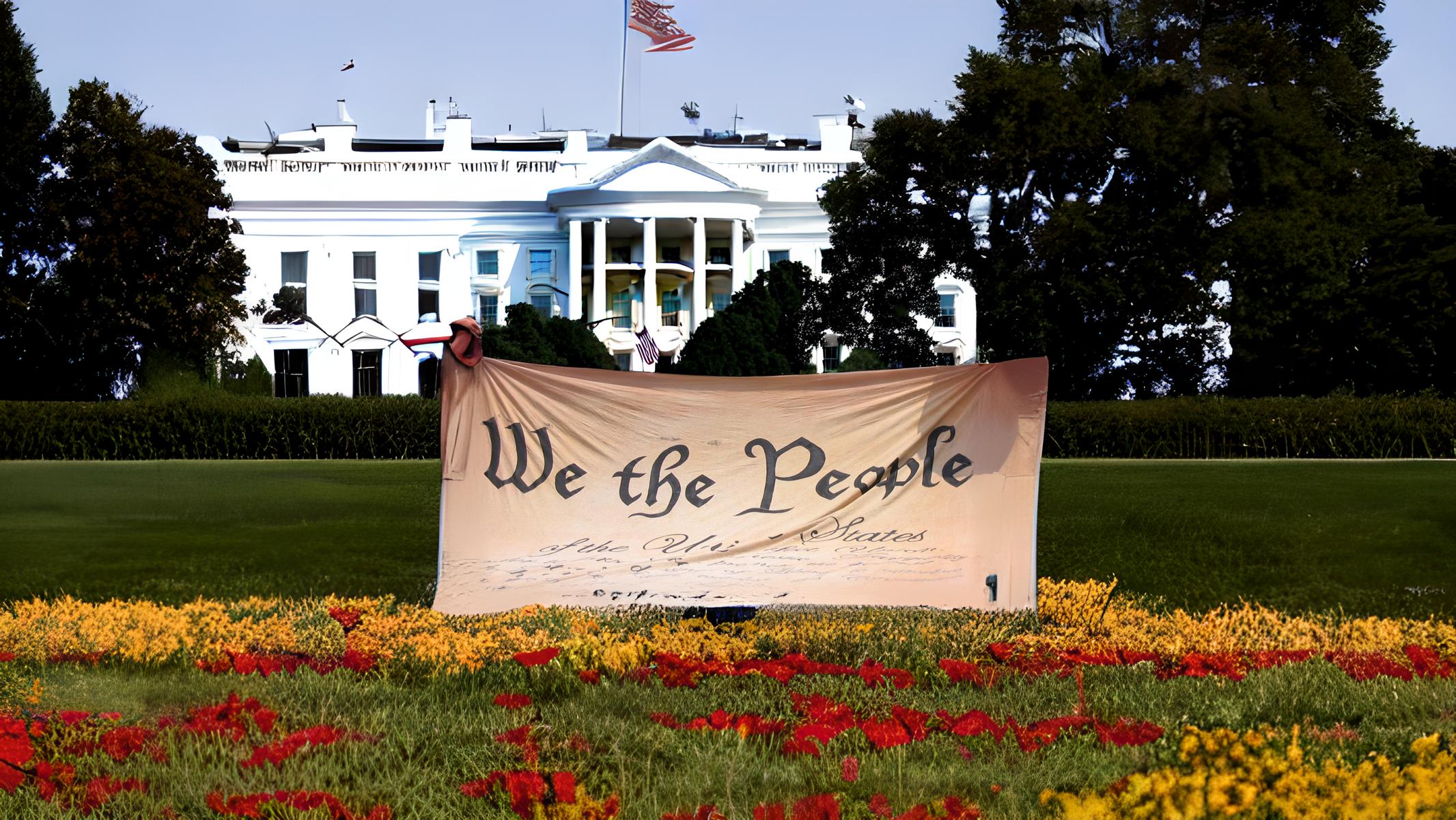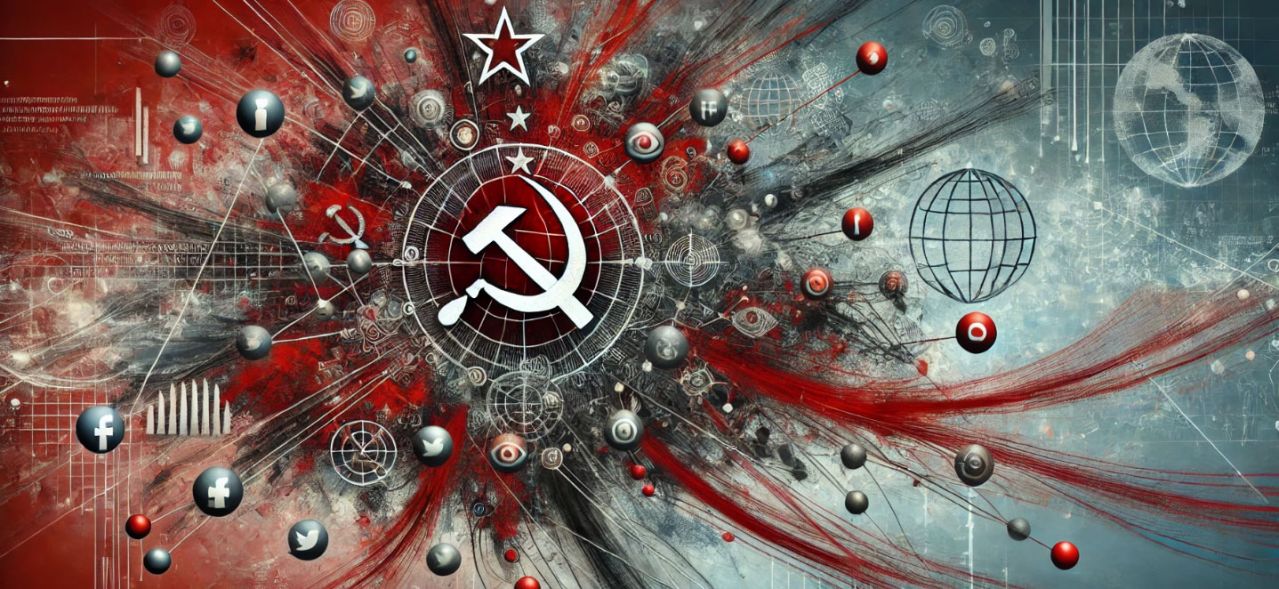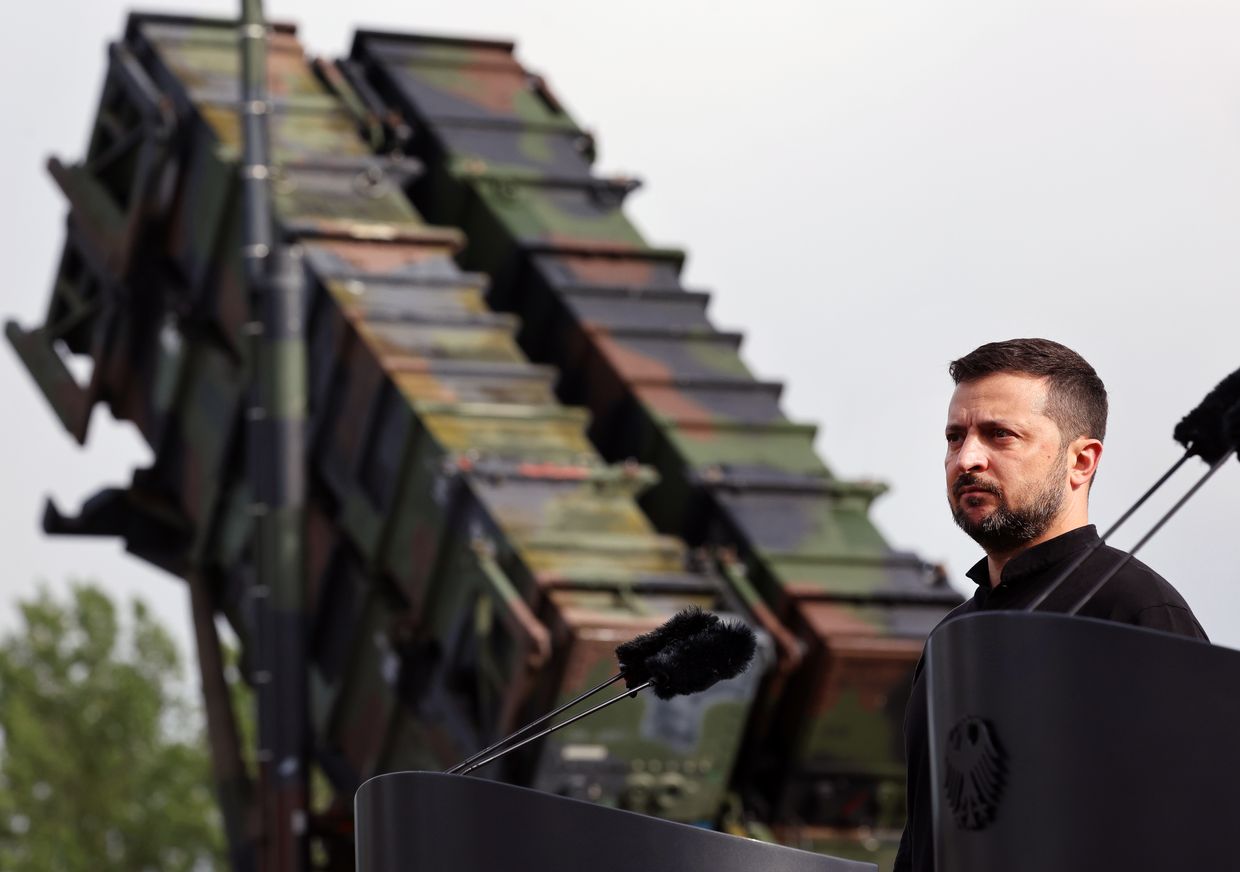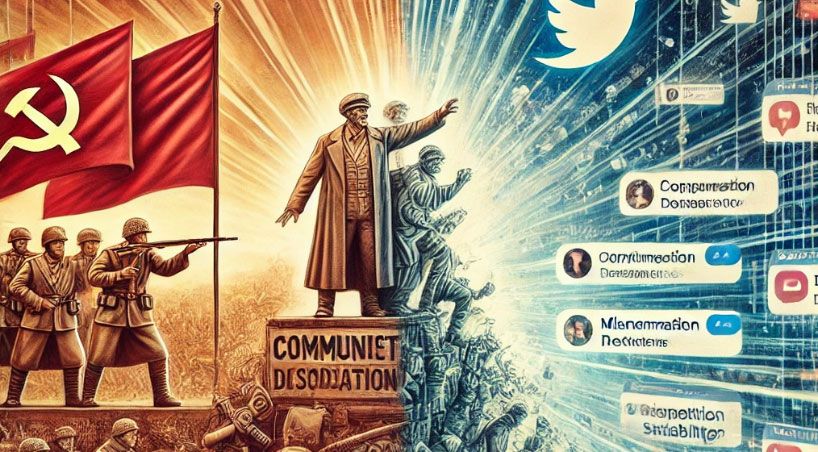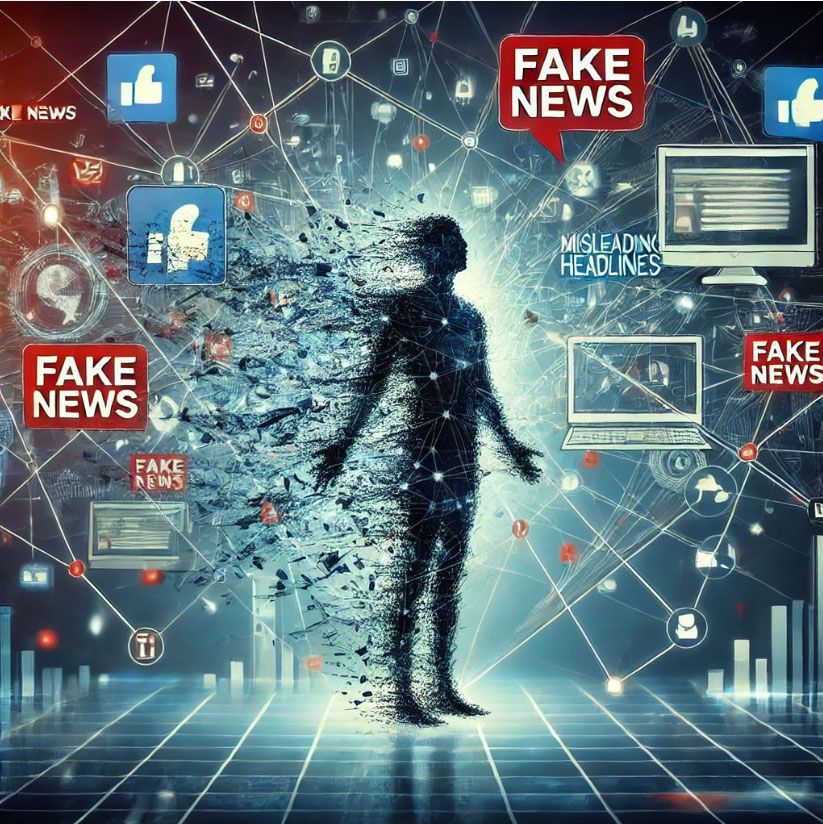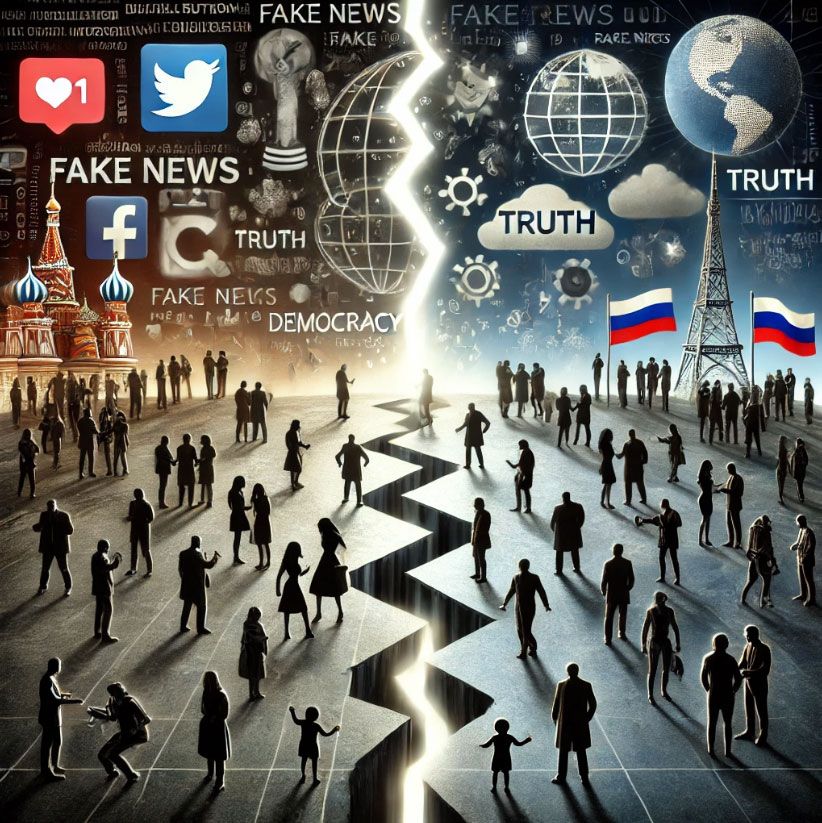Under the guise of “denazification” (the Kremlin’s term for removing democratically elected leaders in Ukraine and restoring Russian imperial control), the Kremlin has been using the toxic word “Nazi” to systematically dehumanize and demonise Ukrainians instilling the belief into the public and the Russian military, that Ukrainian existence is inherently threatening and must be quashed.
An article published by the EU sanctioned RIA Novosti, Russia’s main state-controlled news agency, just few months after the start of Russia’s full-scale invasion exemplified this type of rhetoric. Titled “What Russia Should Do with Ukraine”, it outlined a chilling blueprint for Ukraine’s destruction and mass repression. It went as far as to propose renaming and erasing the word “Ukraine” from the Russian language, and replace it with enforced Russian cultural and legal structures over decades of repressive occupation. This is a the recipe of annihilation of the Ukrainian state and identity.
Such genocidal fantasies have been echoed and amplified by other high-profile Kremlin figures, including Dmitry Medvedev, who has openly called for Ukraine and its people to “disappear.” Another top Russian official, a former deputy prime minister, and former head of the Russian space agency Dmitry Rogozin called Ukraine an “existential threat” and urged to “put an end to them” once and for all.
Mainstreaming Hate Speech
In Russia, the hate speech targeting Ukraine has become mainstream. It has permeated the Russian information space and the leading pro-Kremlin disinformation outlets are taking on several discursive strategies:
- Dehumanisation – suggesting, for example, that Ukrainians have turned into animals, to evoke feelings of revulsion and contempt.
- Demonisation – both literally and figuratively, to blame Ukraine for Russia’s misfortunes;
- Denial of existence – by insisting that Ukraine is not a real country, but a construct of Western manipulation and thus an existential threat to Russia.
- Mirror accusations – by falsely accusing Ukrainians of planning to commit atrocities against the would-be “liberators”. One of most stark examples of this: RT claiming that “Ukrainians want Russian blood” a fortnight before the invasion.
- Historical revisionism – in particular negating or glorifying past terror. Central to this strategy is the oft-repeated phrase “We Can Do It Again”. According to human rights researchers, this phrase in particular invokes some of the darkest parts of Ukraine’s history, including Stalin’s purges and Holodomor, suggesting that these atrocities of the past “can be repeated” today.
Taken together over years of repetition on Russian state-controlled outlets, such rhetoric has normalised not just the invasion, but the extreme violence that accompanies it, justifying atrocities as acts of alleged self-defence and bolstering public support for aggression. The result is a systematic erosion of empathy, enabling war crimes under the guise of protecting “Russian interests”.
Don’t be deceived. Stand with Ukraine.
The post 1000 and 4000 days of hate speech in support of Russia’s war against Ukraine appeared first on EUvsDisinfo.
Content Original Link:
https://euvsdisinfo.eu/1000-and-4000-days-of-hate-speech-in-support-of-russias-war-against-ukraine/


